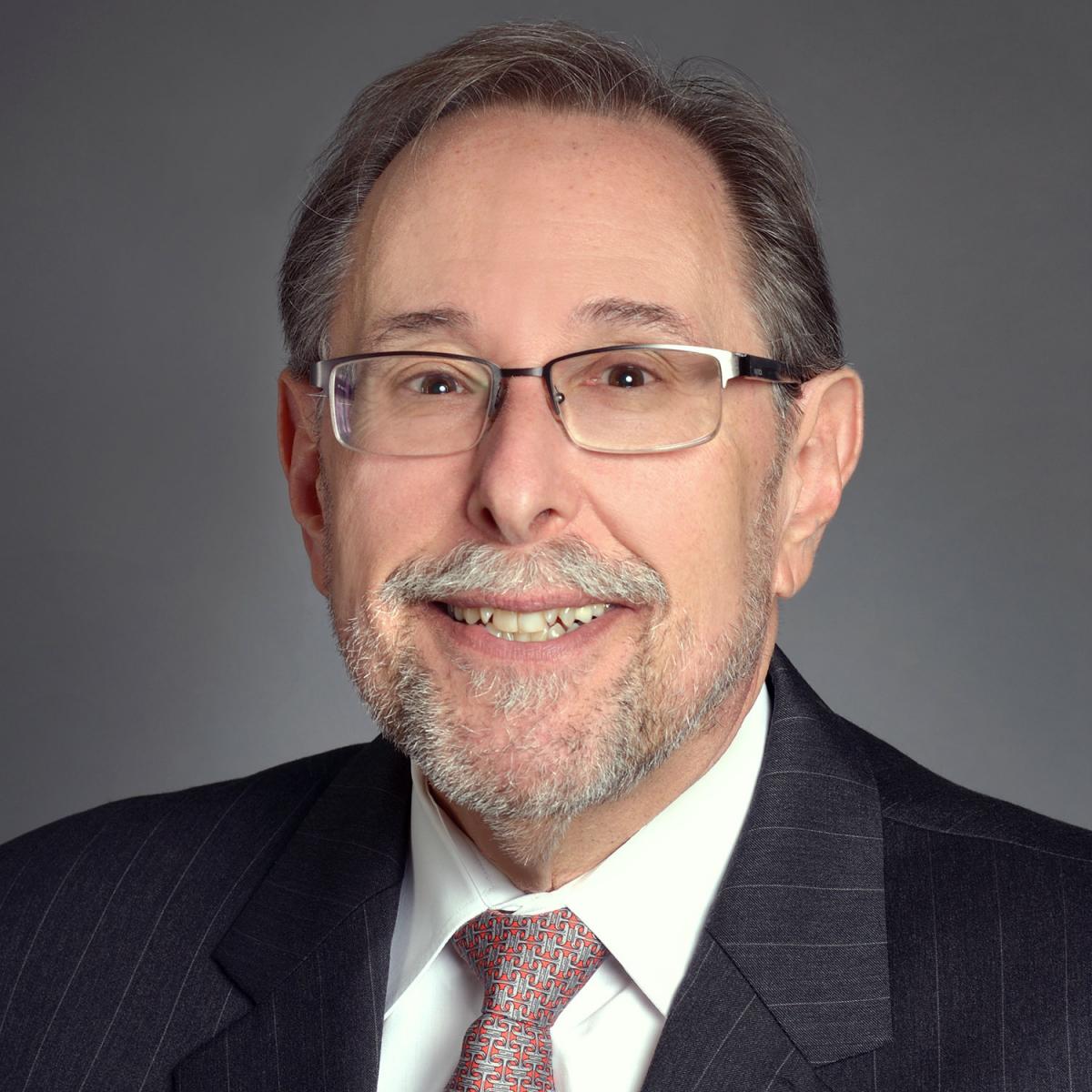 By Richard L. Schilsky, MD, FACP, FSCT, FASCO
By Richard L. Schilsky, MD, FACP, FSCT, FASCO
ASCO Chief Medical Officer, Senior Vice President, Center for Research & Analytics (CENTRA)
Leading up to World Cancer Research Day, ASCO is joining with other leading cancer organizations from around the world to raise awareness about the value and impact of cancer research.
Decades of incremental progress in cancer research has produced remarkable improvements in the way we treat cancer and deepened our understanding of its underlying causes. Every advance we achieve is built on the contributions of previous generations of cancer researchers, patients who valiantly participated in research studies, funders, policymakers, and countless others who help fuel progress.
Today cancer discoveries are moving from research labs to clinical practice faster than ever. Continued progress against cancer depends on all of us to sustain this momentum to help the millions of people who are living with cancer today and the millions more who will face a cancer diagnosis in their lifetime.
Cancer is a leading cause of death around the world, but the impact of the disease varies across regions and populations. According to the World Health Organization, 70% of deaths from cancer occur in low- and middle-income countries (LMICs). The number of deaths annually from cancer could reach more than 13 million by the year 2030, according to GLOBOCAN estimates. ASCO’s global membership and the scientific community at large are hard at work to prevent this projection from becoming a reality.
Our nearly 45,000 members practice in more than 150 countries, and ASCO’s growing portfolio of programs provides opportunities for members in all resource settings to exchange research findings and information that will benefit patients everywhere, regardless of their geographic location.
These programs include grant and award opportunities offered by ASCO’s Conquer Cancer Foundation, including research funding specific to LMICs. In addition, ASCO offers mentoring opportunities as well as international meetings and courses that disseminate the latest research findings. Our Journal of Global Oncology provides an open-access platform to share research findings from around the world.
We believe that along with education and knowledge-sharing, collaboration is key to advancing cancer research and care. To this end, ASCO participates in a number of projects that involve organizations around the globe, including international collaborations through our own clinical trial, the Targeted Agent and Profiling Utilization Registry (TAPUR) Study.
There are many ways you can show your support for cancer research, too. Sign the World Declaration for Research on Cancer to endorse the call for enhanced sustainable funding for cancer research, international collaboration, training, and the development of essential cancer research infrastructure in every country. Write your government representatives to advocate for the Declaration’s goals. Launch an innovative new research project and tap into any number of grant opportunities available for support, such as the Conquer Cancer Foundation’s Global Oncology Young Investigator Award (YIA), which provides funding for early-career investigators to encourage and promote quality research in global oncology and to develop the next generation of researchers to address global health needs. Or share on Facebook and Twitter how cancer research has impacted your life and what it means to you, with the hashtag #WorldCancerResearchDay.
Below, colleagues on ASCO's International Affairs Committee share their thoughts on why cancer research is important. We invite you to join the conversation by logging and in commenting on this post with your own reflections on World Cancer Research Day.
Evangelia D. Razis, MD, PhD, medical oncologist in Greece: "Cancer research is the foundation of caring for patients. It provides options to today’s patients and opens doors for the care of future patients. In low- and middle-income settings, it can be a valuable tool for access to unavailable medications and a source of funding. The voluntary participation of patients in clinical trials is their most important contribution to science and society!"
Carlos Sampaio, MD, clinical researcher in Brazil: "Research: so much to do, so much effort involved, and so many people to thank. Patients, families, physicians, laboratory staff, government agencies, pharmaceutical companies, nonprofit organizations, and many more play an important role in cancer research. From brilliant ideas to reasoning, from the implementation of a research protocol to positive results, years and long days of frustration go by. The dedication and resources do not always return positive dividends. Research is a vital component of our missions and as we advocate for support, we must also make people aware that research is a task based on perseverance. Safety and significant clinical benefit must be key elements of every research initiative, contributing to even more obstacles and bureaucracy in the process. It is our task to applaud and pay tribute to the research community at large and in particular to all the brave patients who directly dedicate their best days to science and discovery in the battle against cancer."


Recent posts